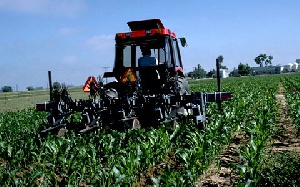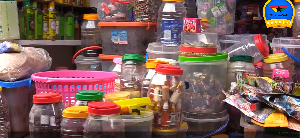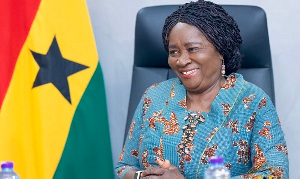Oxfam Ghana has appealed to the Government to expand fertiliser subsidy and irrigation programmes to shoot up earnings in the agricultural sector.
Earnings in the sector are lower compared to others while concerns regarding food security and related issues have become critical in poverty reduction.
Food insecurity has been attributed to problems confronting smallholder farmers, women, and the rural population. This is partly due to low productivity in staple crop production, seasonal variability in food supply, and price volatility.
Speaking to Class News on the sidelines of SEND-Ghana’s stakeholders’ dialogue on donor effectiveness, Country Director for Oxfam Ghana, Sebastian Tia, said: “The agricultural sector offers a solution for what I call inclusive growth and development. However, over the years there’ve been issues about investment, particularly the nature of the investments. There are issues about how [to] ensure that we invest in areas that will transform agriculture, particularly irrigation, extension, seed, and fertiliser,” he stated.
“We do know that some efforts are being made, however, the concern is that these are not reaching areas that can trigger significant change in the lives of poor people and so going forward, there are a couple of suggestions here. Let’s deliberately target the poor, and in this case, I mean smallholder farmers and women farmers. Let’s invest in areas that will enable them to be able to produce well, to be able to have surplus, and then in that case invest in themselves and in their future.”
He further suggested: “Let’s create a balance between investing in commercial agriculture and smallholder agriculture because increasingly what we are seeing is skewed in favour of commercial agriculture against smallholder agriculture, and we do know that smallholder agriculture is more sustainable, it’s more environmentally friendly and would lift the majority of our citizens out of poverty.
“I am also advocating that we need to ensure that we target women in particular because they bring into agriculture a lot of dynamics that currently we are not targeting. Women can be drivers of economic change if we enhance their capacities to be able to add value to agriculture commodities.”
Business News of Friday, 26 August 2016
Source: classfmonline.com













